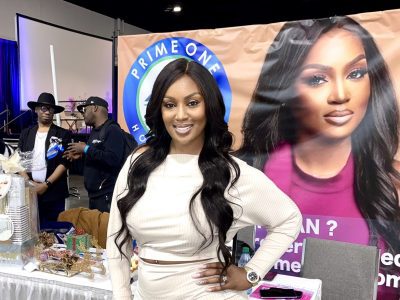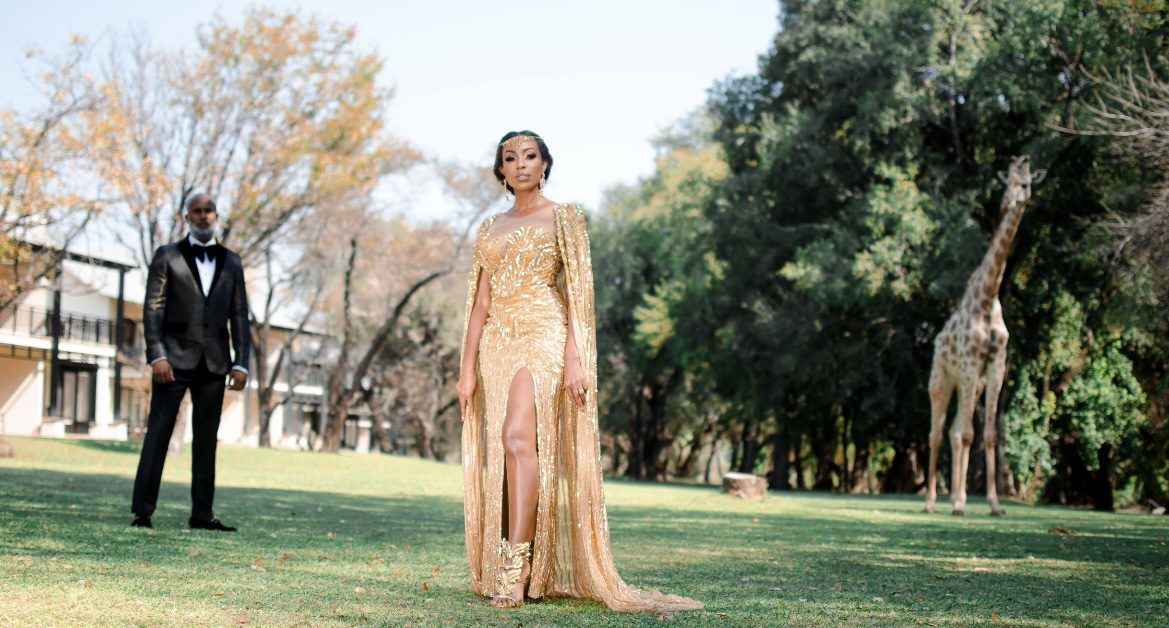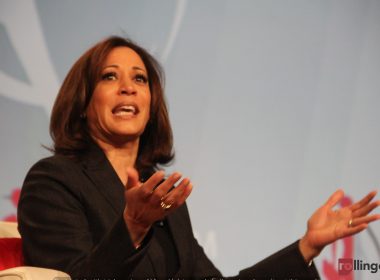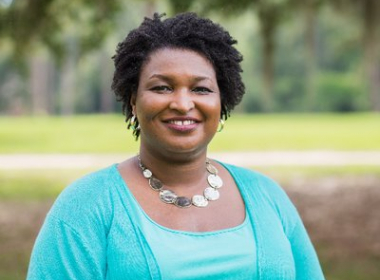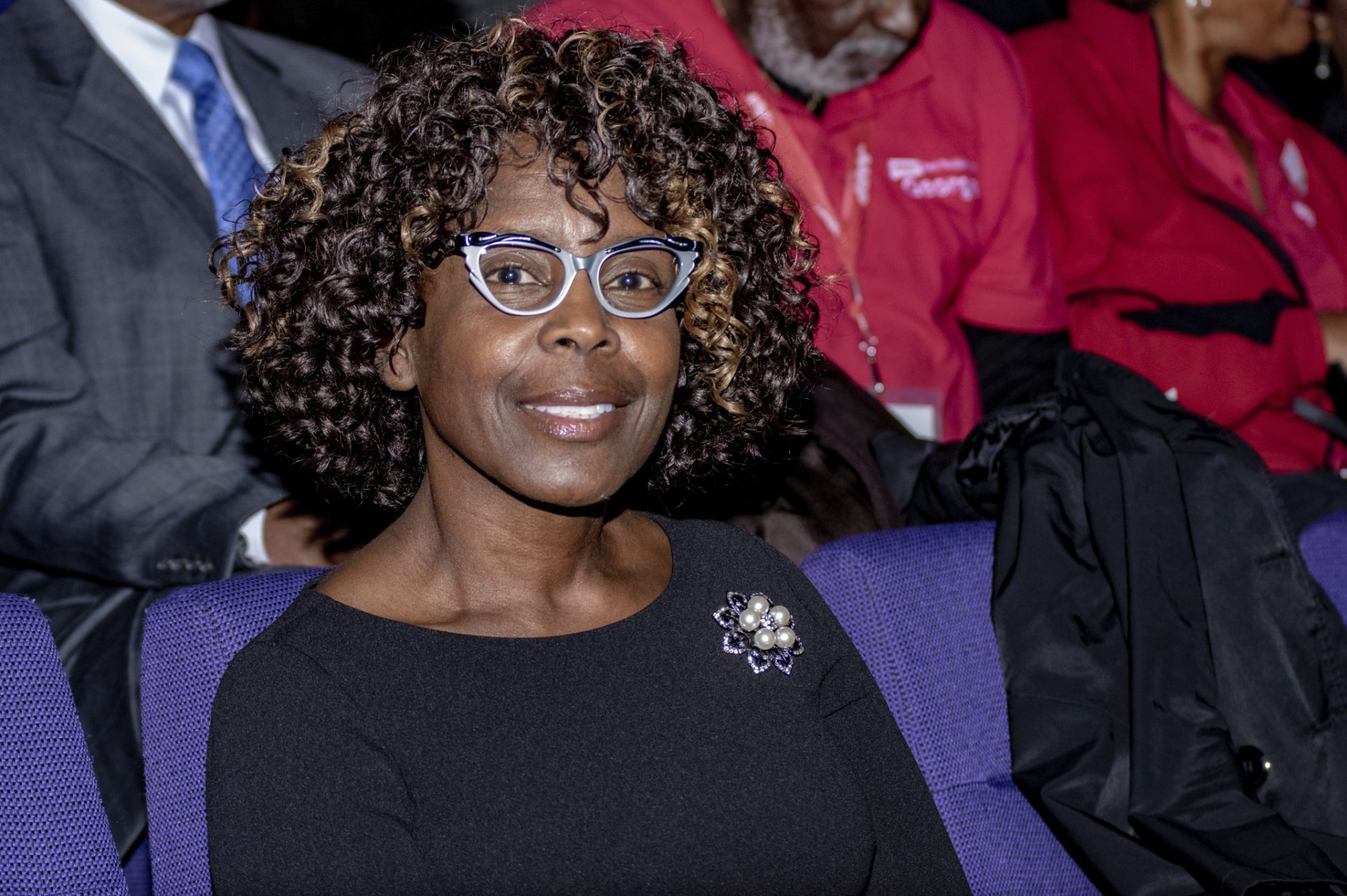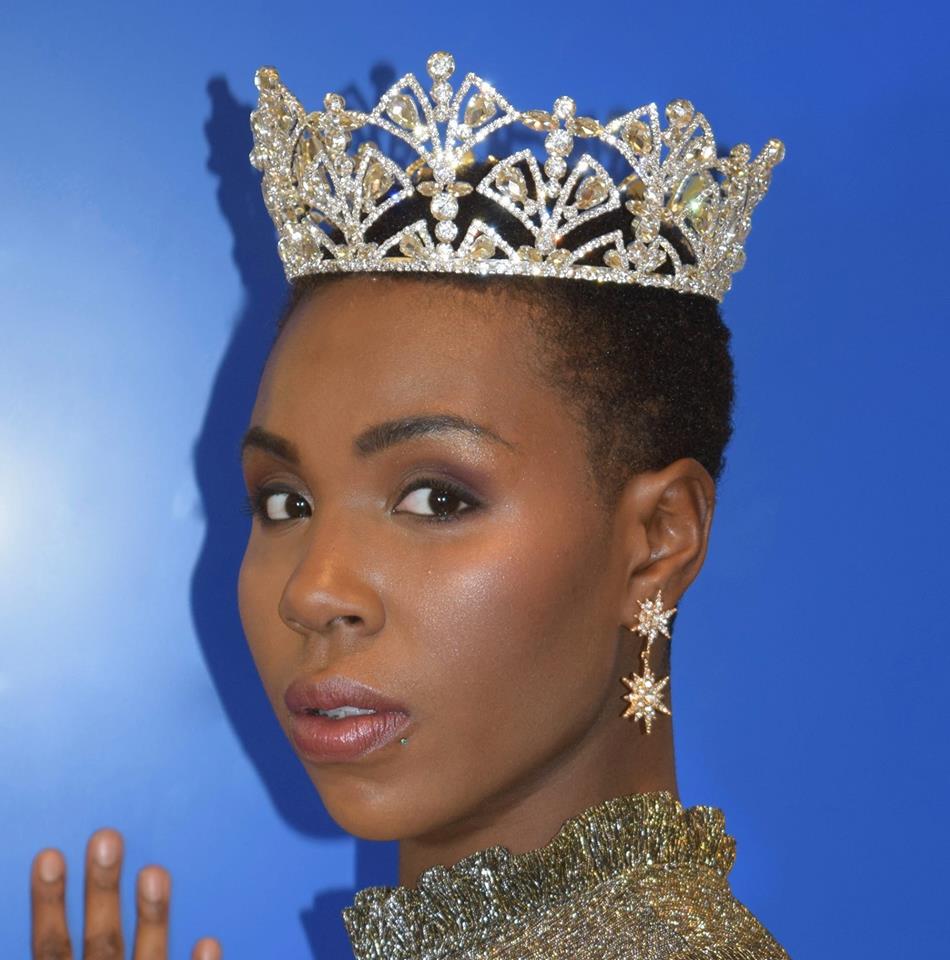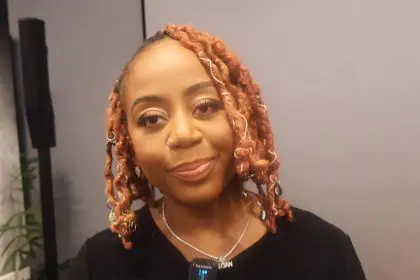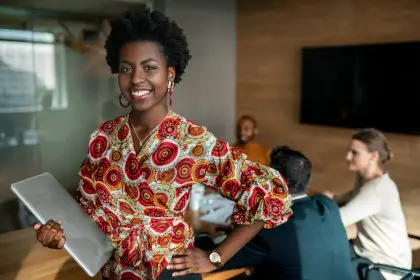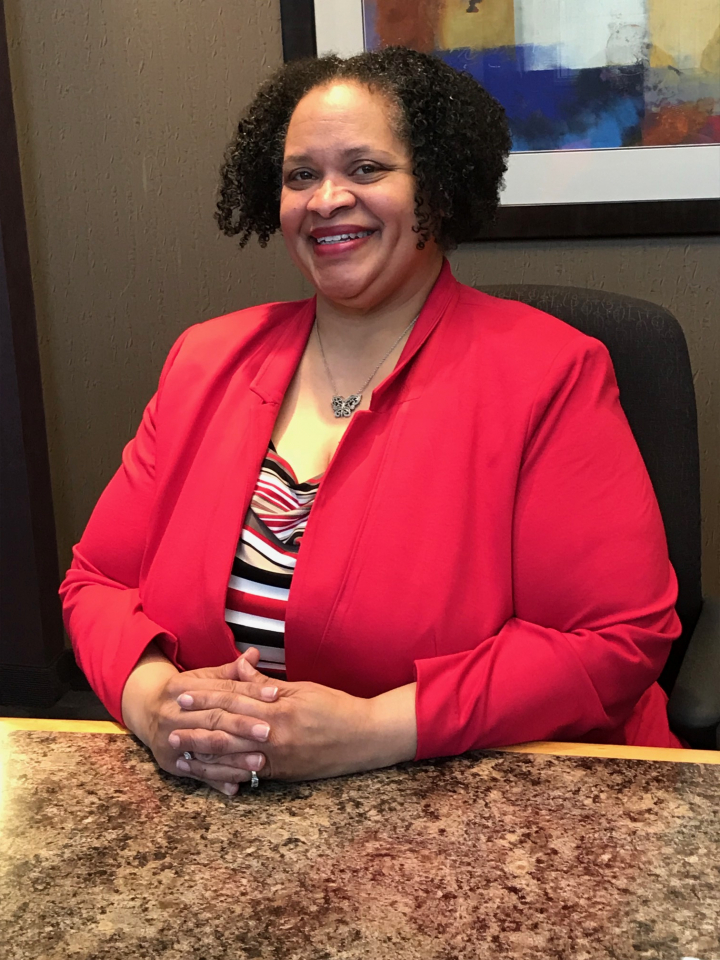
Angela Bullard Davis is a program attorney for Minnesota Continuing Legal Education (CLE), a non-profit corporation dedicated to providing high-quality legal education to lawyers and judges at a reasonable cost. The Atlanta native relocated to combine her love for education and her passion for law in hopes to push continued legal education for attorneys and the Minneapolis community and beyond.
The Atlanta native shares her journey to the North Star state, and how her role with the organization benefits individuals beyond the legal field in the Minnesota/St. Paul community where she has found “new opportunities, embracing new people and making new contributions to my profession, community and family.”
Here’s her interview.
What is Minnesota CLE?
Minnesota CLE provides seminars, webcast, online presentations and publications for attorneys – predominately here in Minnesota, but we do have applications that would be relevant to attorneys practicing in other states. Our main mission is to create high-quality education for Minnesota attorneys at a reasonable cost. As program attorney, I am responsible for researching the law, the trends, staying on top of current developments, both in the law – substantively [and] procedurally. The law, like everything else, is being affected by the technology that’s available. It both changes how we do things, what we are required to do, how we meet our obligations to our clients [and] what’s available to us as we are going about the jobs of litigating cases or investigating matters. So staying abreast of all the current developments, being aware of what’s needed for quality programming and then recruiting, facilitating and working with attornies and other professionals that actually provide the instruction.
What is your role?
I am a program attorney here. My role is to create those seminars and programs. I actually recruit the speakers, review the materials and market the programs. I create the copy and marketing materials for the program. I follow up with attendees and handle questions. It is a very interesting and varied position that allows me to interact with both members of the bar, predominantly, but also making sure that as we conduct ourselves as professionals, we are always mindful of meeting the needs of the public. So that’s part of what the continuing education is about, not just what the law is, but how the law interfaces with the community and how we respond to and attend to the needs.
Tell us a little about the innovation program?
Well that particular conversation, innovation and legal education, we addressed and gave the participants an opportunity to address the fact that the role of lawyers is changing in our society. Both how we educate attorneys, as far as the traditional function of law school and then how attorneys have to educate themselves as we practice has to change and we have to stay abreast to the technological advances, we also have to stay abreast of the cultural changes. I think everyone talks about technology [being] one of the things, but I think society has shifted what we communicate, expectations, even going into gender roles. Things have changed rapidly over the past 20 to 30 years and how we respond and what adaptations we make will determine how viable our profession is in the future. We are determined, as an organization, to stay on the cutting edge of those changes and to make sure we educate all of the Minnesota attorneys how to do the same – how to be responsive to the clients and to do so in a way that is healthy for us, so that our profession and [professional] individuals and practices can continue to thrive.
What attracted you to this position?
I was attracted to it because I do have a love of education. In addition to being an attorney, I spent about three years as the director of the long government magnet program for Atlanta Public Schools. And so, though that was for high school students, I do have a background with curriculum, with writing and lesson plans and program management because that was not just teaching, it was working with volunteers, doing events, working with the bar, collaborating with partners throughout the community. So this position very much looked like that position as far as the administrative portion of that.
Could you offer three tips for an aspiring attorney regarding things they should know about the state of law or the legal industry?
I would say my first tip is to stay committed to education. I believe in professional development and being committed to growing is key in every profession, but particularly to lawyers. You always have to educate yourself and grow and expand your base of knowledge. The second thing I would say is being committed to supporting and being supported. Whether you are placing yourself in a position to see an opportunity or to provide an opportunity to someone else; that doesn’t happen until and unless you begin to reach out, communicate and to attend events. Join a couple of bar associations, volunteer for something; go to events in the community. And my third piece is related – it is giving back! That as attorneys, we are uniquely qualified to do particular things, I mean the bar card does have importance, it does hold weight. You can do some things that other citizens cannot do. Some people will listen to you in a way that they do not listen to other people. You have the ability to advocate for causes and people. You have the training to analyze, communicate, synthase information; take all of that and use it to support something that is important to you that means something to you and that contributes to your community.

